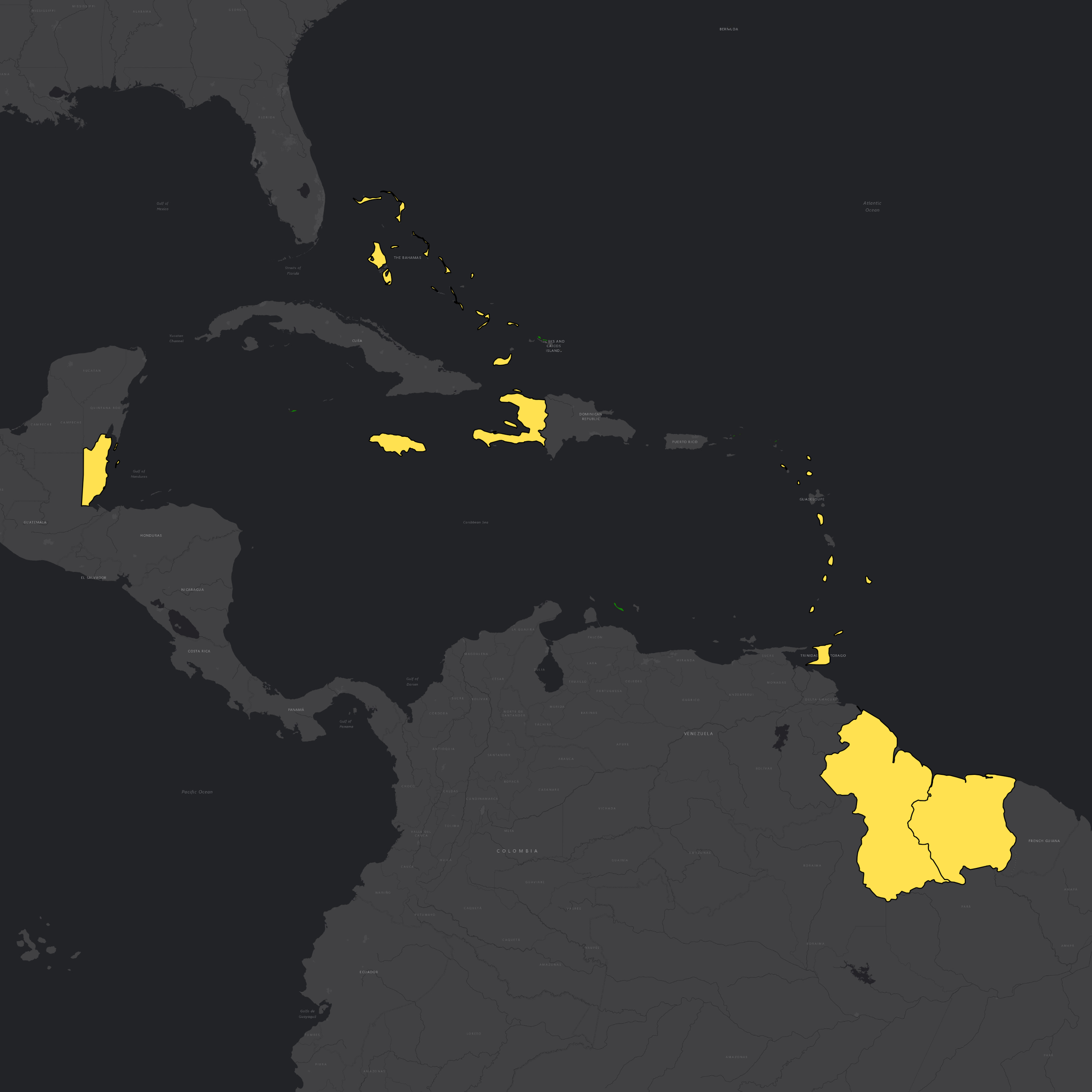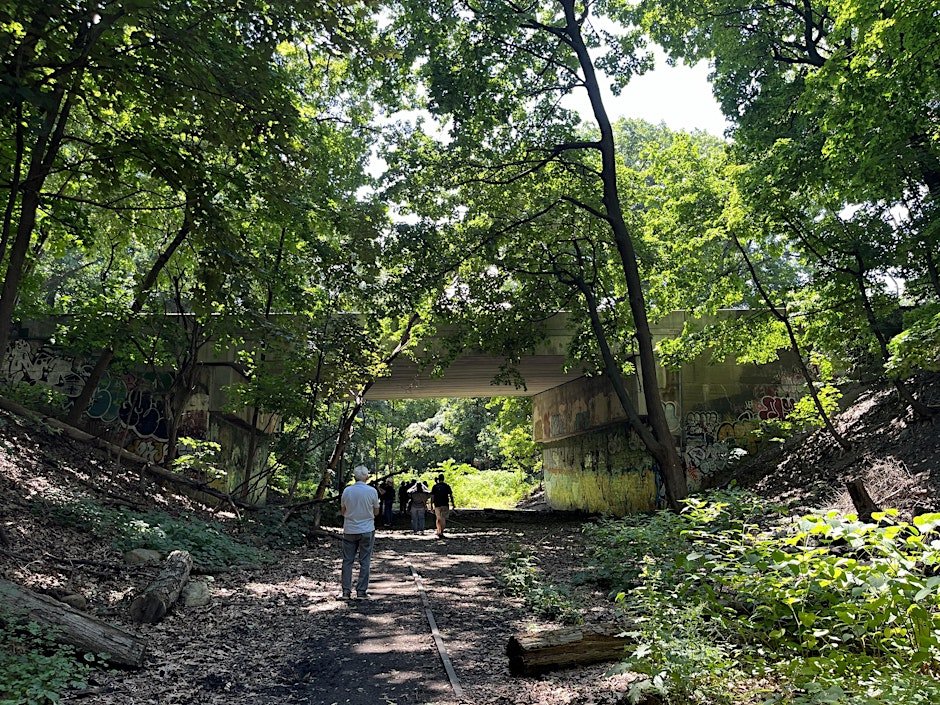
Emancipation Day
On August 1, 2025, the Little Guyana Archive commemorates the 191st anniversary of the abolition of the enslavement of Africans in Guyana and CARICOM member-countries which were colonized by Britain. In 1833, in the British Parliament, an Act for the Abolition of Slavery in the British Empire’ proclaimed Emancipation Day to be August 1, 1834. While this “ended slavery”, a so-called “apprenticeship” period followed until August 1, 1838, when the enslaved Africans were, finally, legally freed.
The Hero - Cuffy
“The hero of the Republic has been identified as Cuffy, a choice which has been readily and understandably accepted by the majority of Guyanese. There are others in our past who have fought for our freedom and whom we remember with respect and affection, but Cuffy is revealed by our history as by far the most significant of our heroes up to this time. When Cuffy laid down his life in the cause of freedom, history tells us that he was a man opposing not merely the cruelties of slavery, but a leader of his people who envisaged and fought for freedom and independence. Cuffy was the first revolutionary in our land and of our nation and through huis struggle then ended in failure, his courage, his vision and his example marked the beginning of success and stamped him as worthy of the recognition as the hero of this republic.”
CO-OPERATIVE REPUBLIC Guyana 1970: A Study of Aspects of our Way of Life, Pg. 10
Reading List:
CO-OPERATIVE REPUBLIC Guyana 1970: A Study of Aspects of our Way of Life
by the Guyanese Government
In this book, the first of its kind, a group of Guyanese authors, each distinguished in his field, have attempted to evaluate our heritage and to indicate paths to the future. Their articles cover a wide range of aspects including “the development of economic relations in Republican Guyana, the marking of our society, the problems of planning, the emergence of distinctive cultural values at the levels of the arts and of the folk, the evolution of our architecture, the historical back ground to the Co-operative Republic, some of the resources of our Hinterland and the efforts now being made to develop it”.
Blood on the River: A Chronicle of Mutiny and Freedom on the Wild Coast
by Marjoleine Kars
UMBC’s Marjoleine Kars has published a new book examining accounts of a nearly successful rebellion of enslaved people just over 250 years ago. Blood on the River: A Chronicle of Mutiny and Freedom on the Wild Coast (The New Press, 2020) chronicles a rebellion by enslaved people in the Dutch colony of Berbice, 1763 – 1764. “It is important that people know that there is a long history of African people, people of African descent, and in the African diaspora, fighting against oppression and putting their lives on the line like they are today,” says Kars, associate professor of history. “There is also a long tradition of people having different ideas about how to fight oppression and what life should look like at the other side.”
Brahmanism Abroad: On Caribbean Hinduism as an Ethnic Religion
by Peter van der Veer and Steven Vertovec
Brahmanism Abroad documents the movement of Indians to Guyana as well as the religions they brought with them. The text includes a detailed table of “Indian Indentured Immigration to the Caribbean and Indian Population by Country, 1980”
Cane Reapers 3rd Edition: Chinese Indentured Immigrants in Guyana
by Trevelyan a Sue-A-Quan
Cane Reapers is the story about the Chinese who were procured to replace the emancipated slaves on the sugar plantations of Guyana (then British Guiana). Between 1853 and 1879 a total of 13,541 indentured laborers arrived from China but by 1900 the resident Chinese population was down to 3,000. The tribulations and triumphs of the Chinese immigrants reveal human nature in times of hardship and alienation. In the process of assimilation into Western culture some unique names have evolved for Chinese families, creating both a mystery and a topic of fascination for their descendants and for genealogists.

Little Guyana Archive - Launch Meeting
Interested in the Little Guyana Archive? Join Jonathan Plass for a brief presentation of the work to date, his ideas for the future of the archive, and an open dialogue amongst all guests.
Agenda:
6:30-6:50 | Jonathan Plass on the birth of the archive
6:50-7:00 | Comments and questions
7:00-7:30 | Open dialogue on the future of the archive
Tuesday, July 15 · 6:30 – 7:30pm
Time zone: America/New_York
Google Meet joining info
Video call link: https://meet.google.com/xyq-fbxq-vtj
Or dial: (US) +1 516-399-4708 PIN: 914 932 115#
More phone numbers: https://tel.meet/xyq-fbxq-vtj?pin=7458938949193

CARICOM Day
CARICOM Day commemorates the 1973 signing of the 'Treaty of Chaguaramas' that established the Caribbean Community (CARICOM) and the Caribbean Common Market that replaced the Caribbean Free Trade Association (CARIFTA). It's first 4 members were Barbados, Guyana, Jamaica, and Trinidad and Tobago. See all 15 member states here.

The QueensWay 5k!
Join Fast Feet NYC and Friends of the QueensWay for a The QueensWay 5k! Run a 1-mile race on Victory Field or a 5k through Forest Park.

Let's Light Up Liberty Avenue
Celebrate the triumph of light over darkness, love over fear, and divinity within at the corner of Lefferts Blvd and Liberty Avenue in the heart of Little Guyana!
